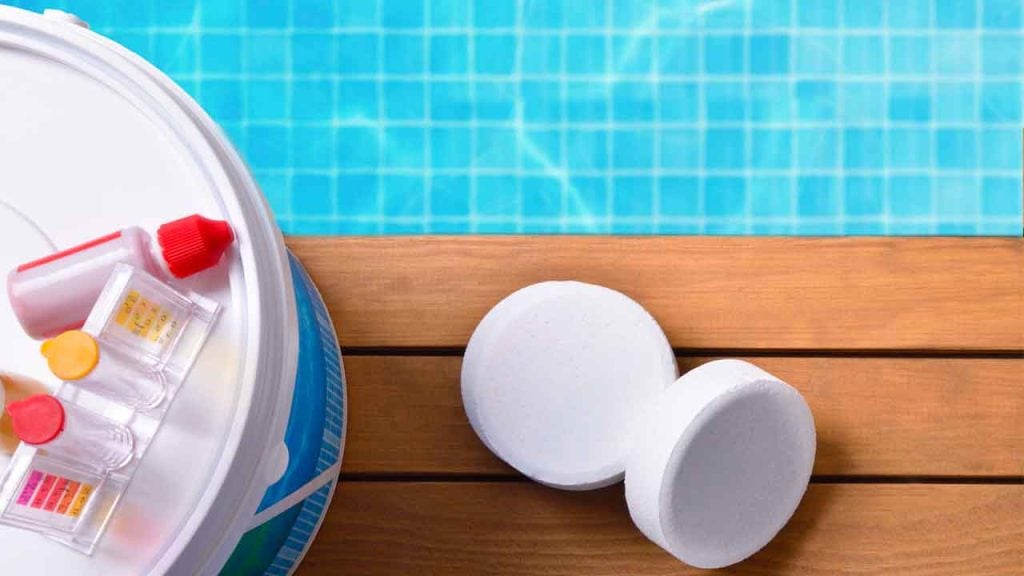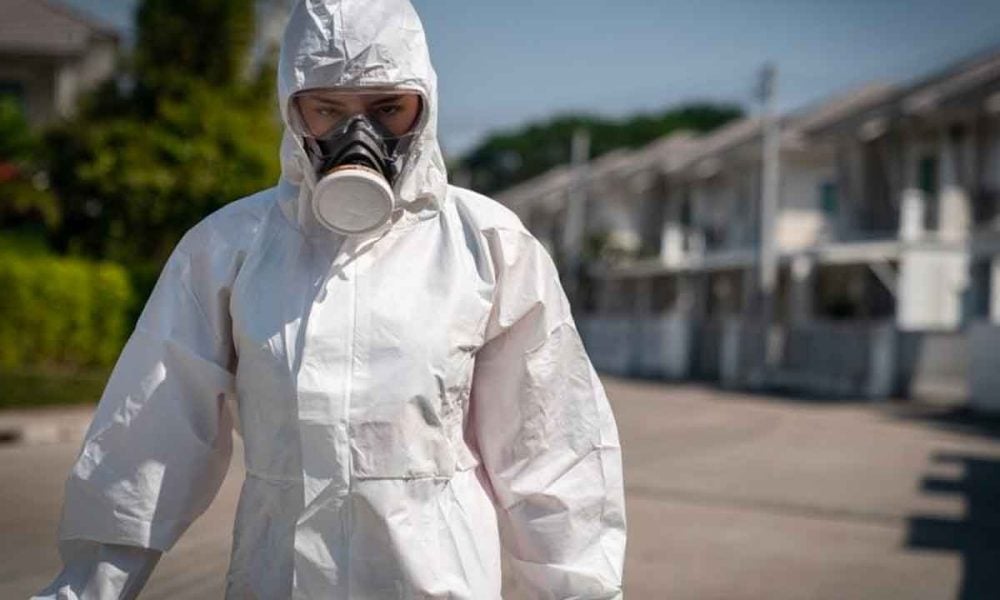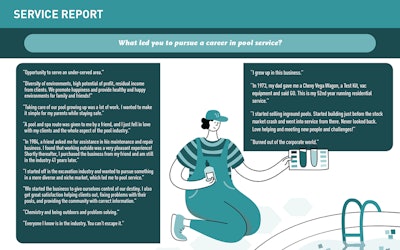Police and emergency personnel swiftly responded to a hazardous incident on Ashwood Court in Southampton. A small explosion occurred involving a bucket filled with chlorine tablets. Authorities have determined that the incident was caused by the improper storage of wet chlorine tablets.
The danger arose when the chlorine tablets became wet, after which the lid of the bucket was carelessly sealed. This combination created a significant build-up of pressure within the bucket, ultimately resulting in the explosion. Recognizing the seriousness of the situation, the Southampton Fire Department, North Sea Fire Department, and Southampton Town Fire Marshals and Code Enforcement promptly arrived at the scene to provide assistance.
Due to the potential health risks associated with chlorine exposure, a specialized Hazmat team was summoned to safely manage and clean up the affected area. Their expertise in handling hazardous materials ensured that the necessary precautions were taken to mitigate any potential harm caused by the explosion.
The incident serves as a critical reminder of the dangers associated with storing wet chlorine tablets. Wet chlorine, particularly when confined in a sealed container, can react with various substances and create hazardous conditions. Chlorine is a highly reactive chemical that releases toxic gases, and when exposed to moisture, it can generate heat, leading to the release of even more harmful fumes.

To prevent such incidents, it is crucial to follow proper storage guidelines for chlorine products. When storing dry chlorine tablets, the following measures should be taken:
- Store in a cool, dry, and well-ventilated area: Choose a location away from direct sunlight, moisture, and excessive heat. It is vital to maintain a stable environment for chlorine storage to prevent the tablets from deteriorating or reacting with other substances.
- Use airtight containers: Select containers specifically designed for storing chlorine tablets, ensuring they are tightly sealed to prevent any moisture ingress.
- Separate from incompatible materials: Keep chlorine tablets away from flammable or combustible substances, such as oils, fuels, and organic materials, as they can react dangerously when combined.
- Clearly label containers: Properly label the containers to indicate the contents and any associated hazards, facilitating safe handling and identification.
- Implement a first-in, first-out system: Rotate the stock of chlorine tablets, using older batches first to maintain freshness and reduce the risk of deterioration.
By following these guidelines, individuals can significantly minimize the potential dangers associated with chlorine storage and reduce the risk of accidents or explosions caused by improper handling.
It is crucial to prioritize safety when dealing with hazardous substances like chlorine. Proper storage practices, coupled with awareness of the potential risks, will help ensure the well-being of both individuals and the surrounding environment.
The post Chlorine Explosion Prompts Response From Hazmat Team on Long Island appeared first on PoolMagazine.com – Get The Latest Pool News.








